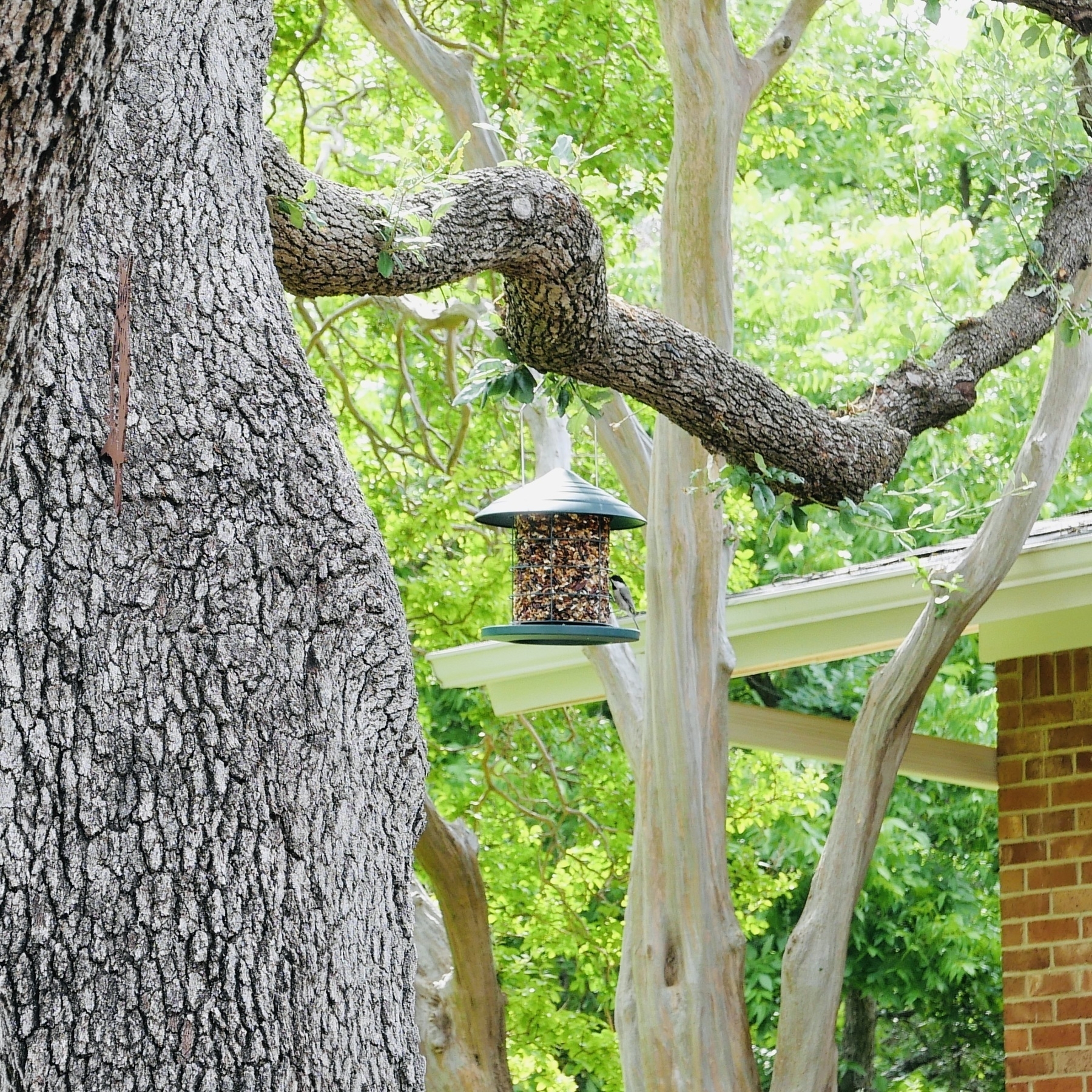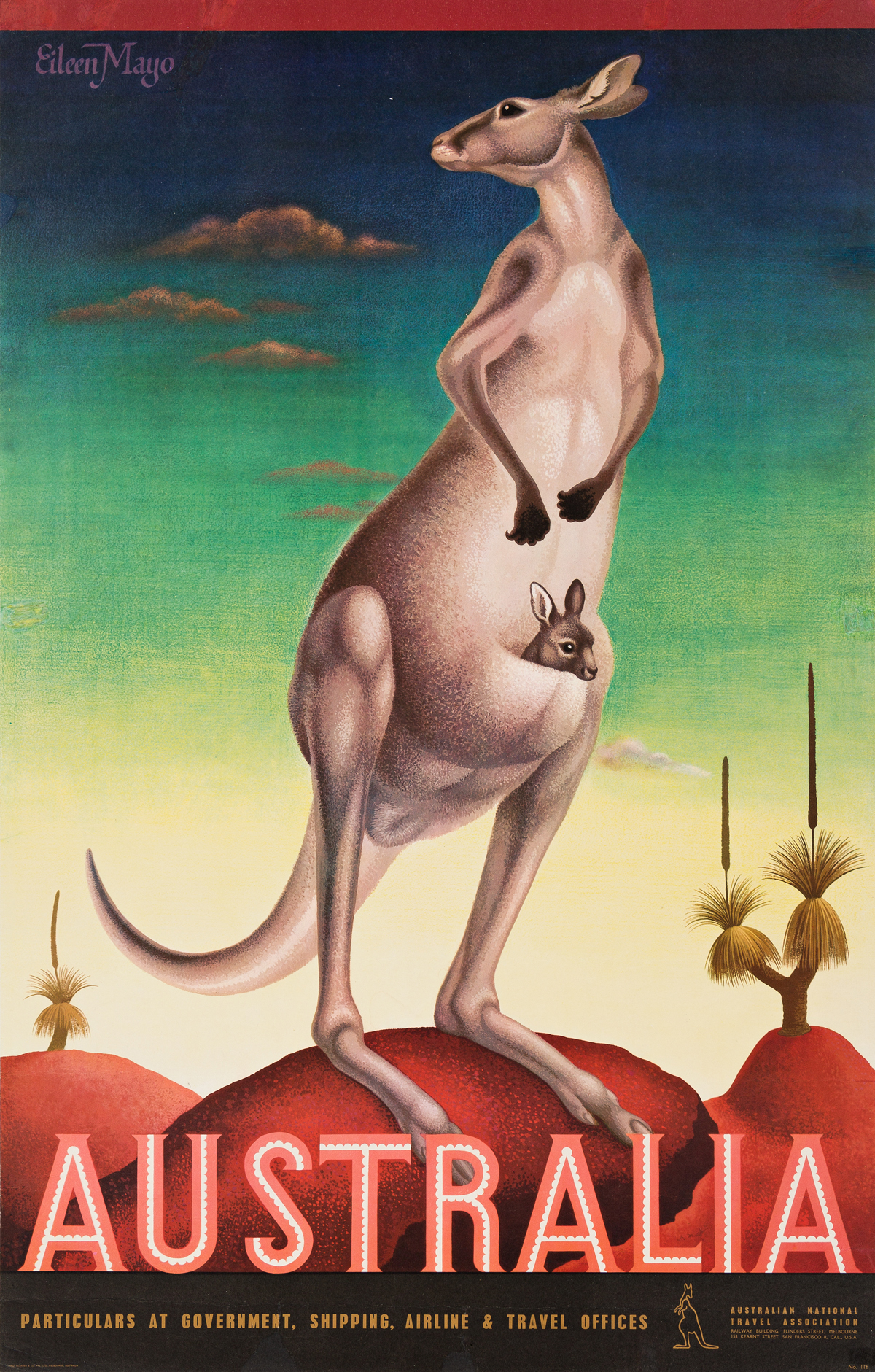
The other day I put on Richard Linklater’s Heads I Win / Tails You Lose (1991) — four hours of film leaders, those splotchy, static-y, often countdowny things you see at the beginning, or rather before the beginning, of movies on actual film. I put it on and (I was alone in the house) just left it on, and went about my business. Whenever I came through the room I’d stop and watch for a few minutes; and when I was working in the kitchen I could hear it — occasionally a beep or even a word or two. I sort of feel that I experienced it the way it should be experienced.
(I had a GIF of a leader here but decided that it’s too manic to leave on the page.)
normie wisdom 3: two quotations on common responses
The vast mass of humanity, with their vast mass of idle books and idle words, have never doubted and never will doubt that courage is splendid, that fidelity is noble, that distressed ladies should be rescued, and vanquished enemies spared. There are a large number of cultivated persons who doubt these maxims of daily life, just as there are a large number of persons who believe they are the Prince of Wales; and I am told that both classes of people are entertaining conversationalists. But the average man or boy writes daily in these great gaudy diaries of his soul, which we call Penny Dreadfuls, a plainer and better gospel than any of those iridescent ethical paradoxes that the fashionable change as often as their bonnets. It may be a very limited aim in morality to shoot a "many faced and fickle traitor," but at least it is a better aim than to be a many faced and fickle traitor, which is a simple summary of a good many modern systems from Mr. d'Annunzio's downwards. So long as the coarse and thin texture of mere current popular romance is not touched by a paltry culture it will never be vitally immoral. It is always on the side of life. The poor — the slaves who really stoop under the burden of life — have often been mad, scatter-brained, and cruel, but never hopeless. That is a class privilege, like cigars. Their drivelling literature will always be a "blood and thunder" literature, as simple as the thunder of heaven and the blood of men.
By a Stock Response Dr. I. A. Richards means a deliberately organized attitude which is substituted for ‘the direct free play of experience’. In my opinion such deliberate organization is one of the first necessities of human life, and one of the main functions of art is to assist it. All that we describe as constancy in love or friendship, as loyalty in political life, or, in general, as perseverance — all solid virtue and stable pleasure — depends on organizing chosen attitudes and maintaining them against the eternal flux (or ‘direct free play’) of mere immediate experience. This Dr. Richards would not perhaps deny. But his school puts the emphasis the other way. They talk as if improvement of our responses were always required in the direction of finer discrimination and greater particularity; never as if men needed responses more normal and more traditional than they now have. To me, on the other hand, it seems that most people’s responses are not ‘stock’ enough, and that the play of experience is too free and too direct in most of us for safety or happiness or human dignity. [...]
The older poetry, by continually insisting on certain Stock themes — as that love is sweet, death bitter, virtue lovely, and children or gardens delightful — was performing a service not only of moral and civil, but even of biological, importance. Once again, the old critics were quite right when they said that poetry ‘instructed by delighting’, for poetry was formerly one of the chief means whereby each new generation learned, not to copy, but by copying to make, the good Stock responses. Since poetry has abandoned that office the world has not bettered. [...]
We need most urgently to recover the lost poetic art of enriching a response without making it eccentric, and of being normal without being vulgar.

Currently reading: John Milton: Life, Work, and Thought by Gordon Campbell 📚
too good not to be true?
Now that the semester is over, I am plugging away on my volume on Paradise Lost for Princeton’s Lives of Great Religious Books series. Right now I’m writing about Milton’ reputation during his own lifetime, and several times I have come across a delicious quotation from his fellow poet Edmund Waller, who wrote in a letter that “the old, blind schoolmaster, John Milton, hath published a tedious poem on the Fall of Man — if its length be not considered a merit, it hath no other.” Delicious! But: the quotation may not be authentic. I have been working diligently to track it down, and as far as I can discover, the first time it appears is in an 1811 issue of The Gentleman’s Magazine, in an article about Anna Seward, a poet who had recently died:

(History, I think it’s fair to say, has not seconded Seward’s comparison of Milton and Southey.) I’ve looked for Waller’s letters, and while some survive - he had an interesting correspondence with Thomas Hobbes — I can’t find one that contains this quotation. I’m almost tempted to use it anyway and if challenged plead ignorance; it would make such an excellent epigraph to the chapter I’m writing.
Seriously, these guys are just exploding. They’ve all been in this one patch, but now we’ve divided them and distributed them through the garden. Next year ought to be interesting!


One of many glorious wood engravings by David Gentleman from a limited edition of Swiss Family Robinson.
excerpt from my Sent folder: "September 1, 1939"
In the end, I think, everything has worked out nicely; Auden performed the rite of renunciation that he needed, for internal reasons, to perform, and the poem remains, as it has always remained, widely available to readers. It's worth remembering that he merely, from 1945 on, declined to include the poem in editions of his Collected Poems. Another Time, the book in which it appeared, remained in print; the poem has been anthologized a thousand times; no one who wants to read it has ever been prevented from doing so. In light of those facts, the level of controversy that his renunciation generates is rather fascinating, I find.

Currently reading: Jonathan Swift: His Life and His World by Leo Damrosch 📚
Friday 4 July 1662 (The Diary of Samuel Pepys):
Up by five o’clock, and after my journall put in order, to my office about my business, which I am resolved to follow, for every day I see what ground I get by it. By and by comes Mr. Cooper, mate of the Royall Charles, of whom I intend to learn mathematiques, and do begin with him to-day, he being a very able man, and no great matter, I suppose, will content him. After an hour’s being with him at arithmetique (my first attempt being to learn the multiplication-table); then we parted till tomorrow.
That’s right: Pepys — a graduate of St. Paul’s School in London and a Bachelor of Arts from Cambridge University (Magdalene College) —, when he began his career as a civil servant, had to hire a tutor to teach him the times tables.
contractual and unconditional love

We know that when Dickens wrote David Copperfield he had not read Kierkegaard’s Either/Or – published less than a decade earlier, available only in Danish – but when I reflect on one character from that novel, James Steerforth, I find it hard to believe that Dickens didn’t know the “Seducer’s Diary.” Steerforth’s seduction, abduction, and abandonment of David’s childhood love Emily (Little Em’ly, as her family call her) proceeds precisely according to the emotional sequence outlined in that diary. Johannes the Seducer and Steerforth are both perfect embodiments of what Emile Durkheim would later call anomie – a combination of amorality and unconquerable boredom, with the boredom generated by the amorality, though seducers think that by rejecting the moral laws of their societies they can make their lives more interesting.
More on anomie later. For now I want to focus not on Steerforth himself but on his family – his, and Emily’s. Dickens regularly juxtaposes Mrs. Steerforth, James’s mother, to Daniel Peggotty, Emily’s uncle and adoptive father; this juxtaposition is one of the most important elements of the book. When Steerforth sweeps Emily away, just on the eve of her marriage to her cousin Ham, and takes her to Europe, both families are devastated, but in very different ways.
When, soon after the lovers’ disappearance, Daniel Peggotty visits Mrs. Steerforth – he hopes to learn whether Steerforth is likely to marry Emily – the lady treats him to this discourse:
“My son, who has been the object of my life, to whom its every thought has been devoted, whom I have gratified from a child in every wish, from whom I have had no separate existence since his birth – to take up in a moment with a miserable girl, and avoid me! To repay my confidence with systematic deception, for her sake, and quit me for her! To set this wretched fancy, against his mother’s claims upon his duty, love, respect, gratitude – claims that every day and hour of his life should have strengthened into ties that nothing could be proof against! Is this no injury? […]To understand this outburst fully, we need to recall that earlier in the story, Mrs. Steerforth’s companion Rosa Dartle – a shrewd and ironic young woman embittered by her hopeless love for Steerforth – had, with a malicious false ingenuousness, asked Steerforth what might happen if “you and your mother were to have a serious quarrel.” To this Mrs. Steerforth replied, “My dear Rosa, … suggest some other supposition! James and I know our duty to each other better, I pray Heaven!”“If he can stake his all upon the lightest object, I can stake my all upon a greater purpose. Let him go where he will, with the means that my love has secured to him! Does he think to reduce me by long absence? He knows his mother very little if he does. Let him put away his whim now, and he is welcome back. Let him not put her away now, and he never shall come near me, living or dying, while I can raise my hand to make a sign against it, unless, being rid of her forever, he comes humbly to me and begs for my forgiveness. This is my right. This is the acknowledgement I will have. This is the separation that there is between us!”
“Oh!” said Miss Dartle, nodding her head thoughtfully. “To be sure. That would prevent it? Why, of course it would. Exactly. Now, I am glad I have been so foolish as to put the case, for it is so very good to know that your duty to each other would prevent it! Thank you very much.”Rosa’s mock-inquiry arises from her understanding that Steerforth and his mother do not perceive their relationship in the same light: his “duty” would not, and in the end does not, prevent him from acting in what he perceives to be his interest, even when that interest is merely the avoidance of boredom. Rosa also understands that Mrs. Steerforth sees her relationship with her son contractually and legalistically: he owes her obedience and deference because, she says, he is the one “whom I have gratified from a child in every wish.” Thus her outrage at his failure to meet the terms of the contract is extreme and implacable: he is banished from her presence until he (a) abandons Emily forever and (b) begs his mother’s forgiveness. “This is the acknowledgement I will have.”
After she delivers herself of this announcement Daniel Peggotty takes his leave of her; there is no more to be said; their models of parental love are incommensurable, irreconcilable.
The vastness of the chasm between them may be seen by comparing Mrs. Steerforth’s distribe with Daniel Peggotty’s response when he learns that Emily has fled with her lover:
“I’m a-going to seek her, fur and wide. If she should come home while I’m away – but ah, that ain’t like to be! – or if I should bring her back, my meaning is, that she and me shall live and die where no one can’t reproach her. If any hurt should come to me, remember that the last words I left for her was, ‘My unchanged love is with my darling child, and I forgive her!’”Call me a normie if you want, call me sentimental, what you will – I don’t know many things in all of fiction more moving than this. Let me wipe a tear from my eye and then take a moment to unpack both the explicit statements and the implications in Mr. Peggotty’s declaration.
- Emily is in need of forgiveness, for she has sinned. (Emily herself knows this perfectly well; she is nearly consumed with guilt.)
- Mr. Peggotty offers this forgiveness completely and without condition or reservation, no matter what Emily does or fails to do.
- He does not wait for her to beg forgiveness – he does not wait for her to repent or return – he’s “a-going to seek her, fur and wide.” The biblical analogue here is not the parable of the Prodigal Son, because there the son returns home on his own initiative. That story is lovely enough, with the old man seeing his son “a long way off” and, as Frederick Buechner has envisioned the scene, picking up his skirts and running as fast as his old legs will carry him to the beloved boy. But what Mr. Peggotty does calls forth something more radical still: “What man of you, having an hundred sheep, if he lose one of them, doth not leave the ninety and nine in the wilderness, and go after that which is lost, until he find it? And when he hath found it, he layeth it on his shoulders, rejoicing.”
- He knows that Emily will suffer for her sin; he knows that the way of the world – as exemplified, for instance, by Mrs. Steerforth – is not to forgive but rather to “reproach”; so he will do what he has to do, suffer whatever he needs to suffer, so that she will not be further wounded.
- His love for his “darling child” is “unchanged” – unchanged. Not altered in one fraction of a degree either by what she has done or what she has left undone, and never to be altered by anything in the whole wide reproaching world.
•
What most people want, or think they want, is affirmation. Indeed, many people demand it, and seek to punish those who do not give it to them. But affirmation never comes without conditions, even if they’re unstated. Thus I think it’s fair to say that Mrs. Steerforth, by explicitly indulging her son’s every wish while forever hinting that by so doing she is binding him contractually to her, is enriching the soil in which anomie flourishes. (Rosa Dartle sees all this coming, but because Steerforth does not return her love, she does nothing to avert it but merely waits for the inevitable crack-up. This may be a function of some inbuilt perversity of Rosa’s character, but I think it rather an outgrowth of her dependent status and Mrs. Steerforth’s contempt for her needs — that relationship too is contractual; it’s impossible to imagine Mrs. Steerforth having any other kind.)What people need, whether they know it or not, is not affirmation but rather unconditional love – because only with unconditional love can there be genuine honesty. What Emily needs is not the fiction that she has done no wrong; what she needs, and what she receives, is the double truthfulness that she has indeed sinned but is wholly forgiven. It’s what she needs; it’s what we all need, and from those who genuinely love us we just may get it.
From David Copperfield, Chapter XV:
Mr. Dick and I soon became the best of friends, and very often, when his day’s work was done, went out together to fly the great kite. Every day of his life he had a long sitting at the Memorial, which never made the least progress, however hard he laboured, for King Charles the First always strayed into it, sooner or later, and then it was thrown aside, and another one begun. The patience and hope with which he bore these perpetual disappointments, the mild perception he had that there was something wrong about King Charles the First, the feeble efforts he made to keep him out, and the certainty with which he came in, and tumbled the Memorial out of all shape, made a deep impression on me. What Mr. Dick supposed would come of the Memorial, if it were completed; where he thought it was to go, or what he thought it was to do; he knew no more than anybody else, I believe. Nor was it at all necessary that he should trouble himself with such questions, for if anything were certain under the sun, it was certain that the Memorial never would be finished. It was quite an affecting sight, I used to think, to see him with the kite when it was up a great height in the air. What he had told me, in his room, about his belief in its disseminating the statements pasted on it, which were nothing but old leaves of abortive Memorials, might have been a fancy with him sometimes; but not when he was out, looking up at the kite in the sky, and feeling it pull and tug at his hand. He never looked so serene as he did then. I used to fancy, as I sat by him of an evening, on a green slope, and saw him watch the kite high in the quiet air, that it lifted his mind out of its confusion, and bore it (such was my boyish thought) into the skies. As he wound the string in and it came lower and lower down out of the beautiful light, until it fluttered to the ground, and lay there like a dead thing, he seemed to wake gradually out of a dream; and I remember to have seen him take it up, and look about him in a lost way, as if they had both come down together, so that I pitied him with all my heart.
I identify with Mr. Dick. I think if I could take all this stuff I write and make a kite from it, I’d be happier … as long as I could keep the kite aloft.
not for me
In a recent post that links back to an earlier post, my friend Adam Roberts talks about his lasting affection for Robert Graves’s book The White Goddess. When I was about eighteen, an older friend who loved that book pressed it on me, and because I trusted his judgment, I bought a copy of the book and sat down quite eagerly to read it. But it wholly defeated me. I found it almost literally unreadable. What I mean by that is that my eyes passed over all the words but I simply couldn’t figure out how they were related to one another. I made a strenuous effort but eventually set it aside.
I’ve tried several times over the years but have yet to get through The White Goddess. My most recent attempt was about six months ago, and I still find the book unreadable – though in a different way than I did forty years ago. Then I just couldn’t comprehend Graves at all; now I read a paragraph and think: “I believe there are a dozen demonstrably false statements in that one paragraph.” And even though I know that, as Adam says, the value of Graves’s book doesn’t depend on his being historically accurate, the sheer number of erroneous statements – some of them ludicrously wrong – just overwhelms me.
Another friend, Austin Kleon, wrote a post a few years ago on the virtues of saying “It wasn’t for me.” Not a judgment on the book; not a judgment on me; just a mismatch. The White Goddess and I are mismatched. Might that ever change? Austin knows that it’s possible:

But in this case I have serious doubts. I’ve given this book forty years to connect with me; I think that’s enough.
There are men who always confound the praise of goodness with the practice, and who believe themselves mild and moderate, charitable and faithful, because they have exerted their eloquence in commendation of mildness, fidelity, and other virtues.
– Samuel Johnson, Rambler 28
I feel seen.
The Woes of Being Addicted to Streaming Services | Pitchfork:
I feel unsettled when I stream music on Spotify. Maybe you feel that way, too. Even though it has all the music I’ve ever wanted, none of it feels necessarily rewarding, emotional, or personal. I pay a nominal fee for this privilege, knowing that essentially none of it will reach the artists I am listening to. I have unfettered access to an abundance of songs I genuinely love, along with an abundance of great songs I’ve never heard before, but I can’t shake the eerie feeling that the options before me are almost too perfect. I have personalized my experience enough to feel like this is my music, but I know that’s not really true — it’s simply a fabricated reality meant to replace the random contours of life outside the app.
Jeremy Larson here covers some familiar territory in his descriptions of the distressing things that the streaming services do to musicians’ careers, but I’m more interested in the parts (like the above quote) that describe how streaming services mess with the experience of listeners.
For what it’s worth, as I have, over the past year, spent less and less time on my digital devices, I have almost completely stopped streaming music. I listen to LPs and CDs, and reconnecting with those older technologies has had a wonderfully enlivening effect on my experience of music. I regularly do something now I haven’t done for years: listen to al album all the way through for several days in a row. I love it. It’s highly unlikely that I’ll ever go back to streaming.




